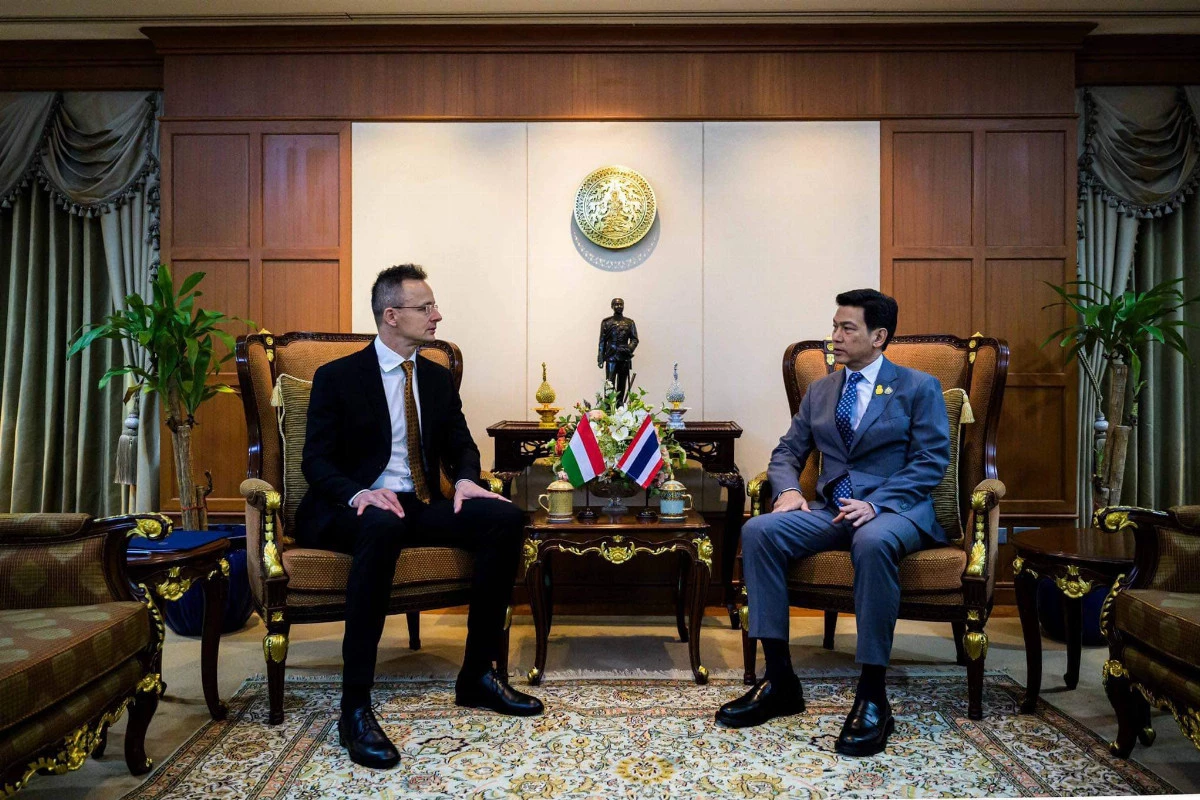

"Yet, if the European Union is unwilling to abandon this ideological approach, it will eventually find itself unable to trade with anyone but itself, and we clearly do not want that," the minister declared. He said that rationality and pragmatism should be the basis for free trade negotiations in the period ahead. Therefore, Hungary will seek to speed up the recently resumed negotiations with Thailand in this area.
The minister announced that the government would also give impetus to negotiations on an investment protection agreement, which is also in the country’s interest as more investors from Thailand are coming in and trade is expanding. A free trade agreement and an investment protection agreement would facilitate both processes, from which the Hungarian economy could benefit greatly, Szijjártó pointed out. The minister reassured Thailand that Hungary supports its application to join the Organisation for Economic Co-operation and Development (OECD), emphasizing that it is one of the few international organizations that has remained impartial and balanced and has not allowed its operations to be politicized.
He stressed that while world politics is currently complicated by conflicts and international organizations have become highly ideological, making it difficult to build relationships, it is refreshing to see that even in remote parts of the world like Thailand, there are countries that have rational, mutually respectful foreign policies.
"We agreed that every country has the sovereign right to determine its own foreign policy strategy, every country has the sovereign right to pursue its own national interests in foreign policy, and every country has the right to resist the pressure exerted by powerful actors in international politics on sovereign countries to change their positions," the foreign minister concluded.